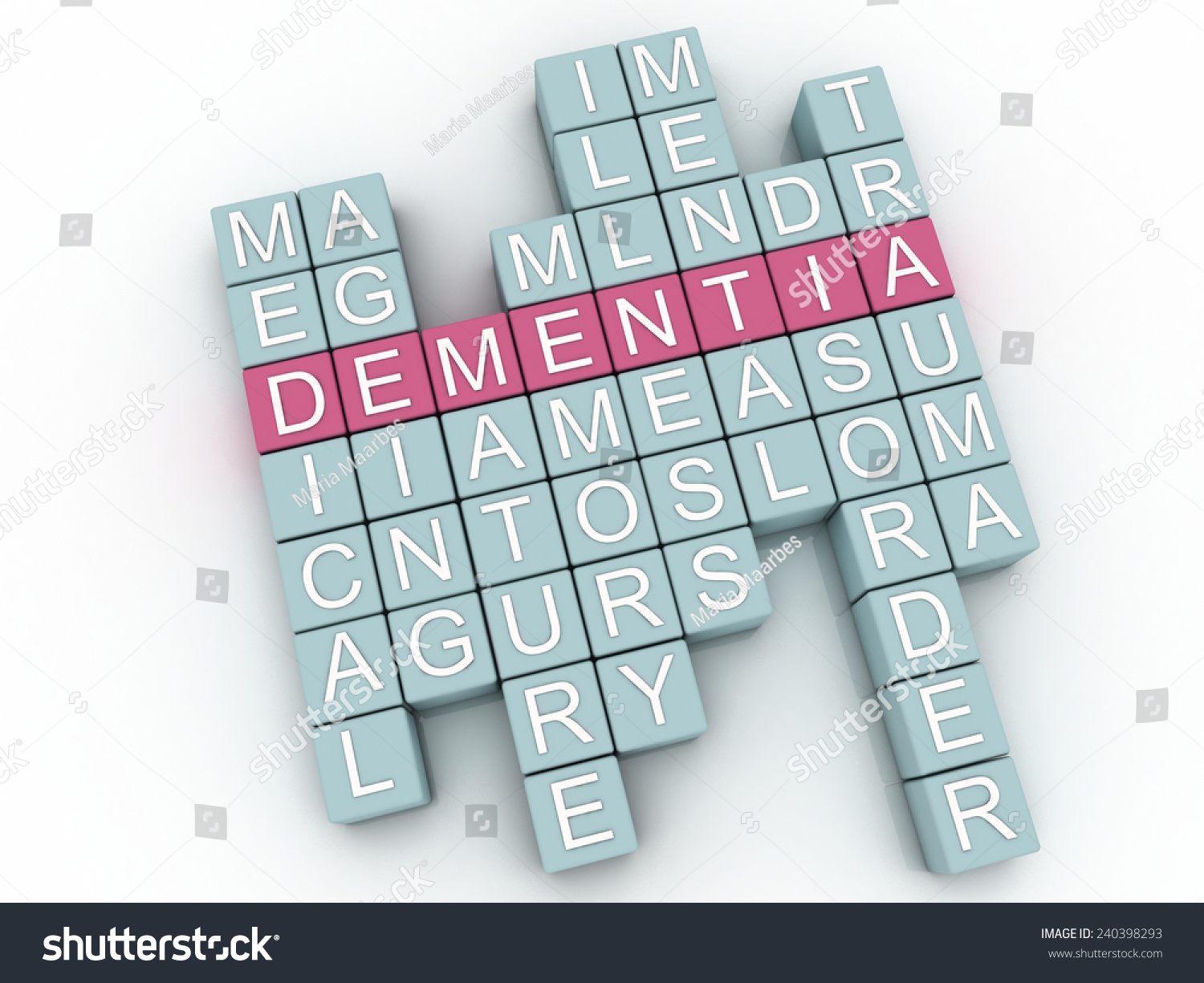
Diagnosed with Cancer? Your two greatest challenges are understanding cancer and understanding possible side effects from chemo and radiation. Knowledge is Power!
Learn about conventional, complementary, and integrative therapies.
Dealing with treatment side effects? Learn about evidence-based therapies to alleviate your symptoms.
Click the orange button to the right to learn more.
- You are here:
- Home »
- Blog »
- Healthy Living Products »
- Magnesium- Dementia
Magnesium- Dementia
“In a study of more than 9,500 men and women, the highest or lowest levels of magnesium appeared to increase the chances for dementia by as much as 30 percent”
It’s easy for researchers to say that blood levels of a mineral such as magnesium, if too high or too low, can cause dementia. While I think the study linked and excerpted below is an important finding, I think the study is only a first step.
People need to close the loop if research indicates that we should keep an eye on our magnesium blood levels.
By “close the loop” I mean that an easy, cost-effective method for blood testing should be part of the discussion and a method for getting magnesium into our blood, again, easily and cheaply, must be advised.
I have my blood tested every year or so through LabCorp. The organization where I get many of my supplements, Life Extension Foundation, sells a bunch of different lab tests.
I take and recommend Life Extension Neuro-mag Magnesium L-threonate Dietary Supplements for several reasons. In addition to the benefits cited in the study below, this form of magnesium has been shown to help both my heart and brain function.
The Consumer lab.com evaluation of magnesium supplements that cites the benefits below requires membership log in–
- evaluated and approved by consumer lab.com for purity, absorbability-
- plays an important role in brain cell functioning (minimizes my chemobrain…)
- supports proper nervous system functioning
- may prevent hearing loss from excessive noise
- may decrease the risk of developing type 2 diabetes
- may reduce the risk of stroke (I need this with chronic a-fib…)
- may improve physical performance ( I need this with my nerve damage…)
I am both a cancer survivor and cancer coach. I take a variety of supplements but I don’t believe in “megadosing” of any single supplement. Please scroll down the page, post a question or comment and I will reply to you ASAP.
Thank you,
David Emerson
- Cancer Survivor
- Cancer Coach
- Director PeopleBeatingCancer
Association Between Serum Magnesium Levels and Alzheimer’s Disease or Mixed Dementia Patients: A Population-Based Retrospective Controlled Study
“Results: No significant differences were found in mean, mode, and median magnesium levels between the dementia and control groups. However, there were marginally but significantly more cases with low magnesium levels among dementia patients than among controls: A total of 9.4% of tests done in patients with dementia and 7.81% done in non-dementia subjects were hypomagnesemic (p < 0.00001).
Conclusion: Despite similar means and medians of serum magnesium in dementia and controls, the proportion of lower than normal magnesium test results was slightly higher among dementia patients. It is possible that patients with dementia have more episodes of hypomagnesemia than controls, despite similar overall mean levels of magnesium.
High, Low Levels of Magnesium Linked to Dementia Risk
“In a study of more than 9,500 men and women, the highest or lowest levels of magnesium appeared to increase the chances for dementia by as much as 30 percent…
At this moment, magnesium levels are not routinely measured in daily clinical practice…”
“We already found that proton pump inhibitors [acid reflux drugs such as Nexium and Prilosec] are associated with a higher risk for abnormally low magnesium levels, but we continue looking into other drugs…”


